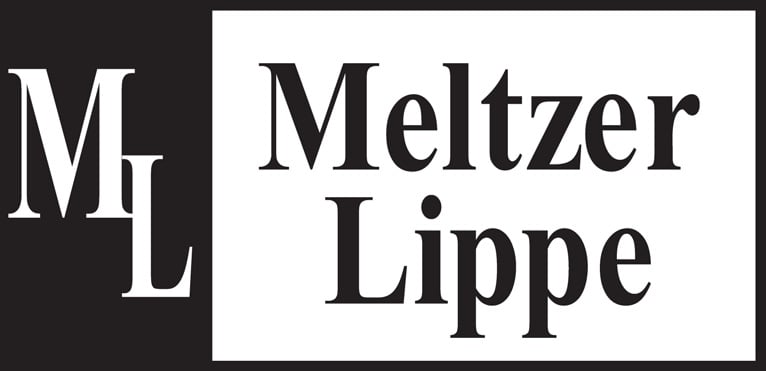Featuring Stephen M. Breitstone
A 1031 exchange is a frequently-used practice of swapping one business or investment asset for another in order to defer recognition of capital gains or losses, but it doesn’t always mitigate taxes and there are very specific rules and conditions that apply.
There are also many potentially costly mistakes that tax professionals and investors should be wary of. If a client of yours, like many investors, makes one of these common mistakes, they could end up paying a significant penalty.
What follows are 8 of the biggest, and avoidable mistakes investors make, and ways to avoid these costly errors, according to tax attorney Stephen M. Breitstone, partner and head of the Tax Law practice at Meltzer Lippe in Mineola, New York.
1. Biggest mistake is overpaying for replacement properties. If a buyer alerts the seller and broker that he or she is looking for a replacement property, they may jack up the price because they know the buyer is up against the wall with a tight time frame.
2. Depositing your exchange money with the wrong qualified intermediary. If you don’t make the right choice, you could lose your money. A first step is to make sure you set up a separate account that can only be released with your signature and the intermediary’s at a reputable institution.
3. Using a real estate attorney, or relying upon an exchange company to set up a 1031 exchange. Although you’re exchanging real estate, a 1031 exchange is a tax transaction as much as a real estate transaction, if not more so. If a 1031 exchange is not done properly, the tax consequences can be significant.
4. Buying something that doesn’t make sense, just to get a 1031 exchange. Sometimes a client is better off leasing the property other than buying another.
5. 1031 exchanges are so formalistic that if you make a mistake, you can easily jeopardize the whole exchange. When you close, there are expenses and adjustments paid at the closing. Mistakes such as showing the wrong figures on your closing statement can precipitate a big taxable event.
6. Believing 1031 exchanges eliminate taxes. The 1031 just defers taxes and if not done appropriately, can change income from capital gains to ordinary income, subjecting that income to a much higher tax rate as well as other taxes.
7. Running out of time or buying something that doesn’t make sense to own. The seller looking for an exchange only gets 45 days after closing to identify a replacement property. If the seller hasn’t done the due diligence, or the replacement property is sold to someone else, or you don’t have a contract within that time period, you’re out of luck.
8. Lack of proper tax planning. A 1031 exchange requires that past, present and future planning be taken into consideration to minimize tax and economic consequences.
Read more here.
